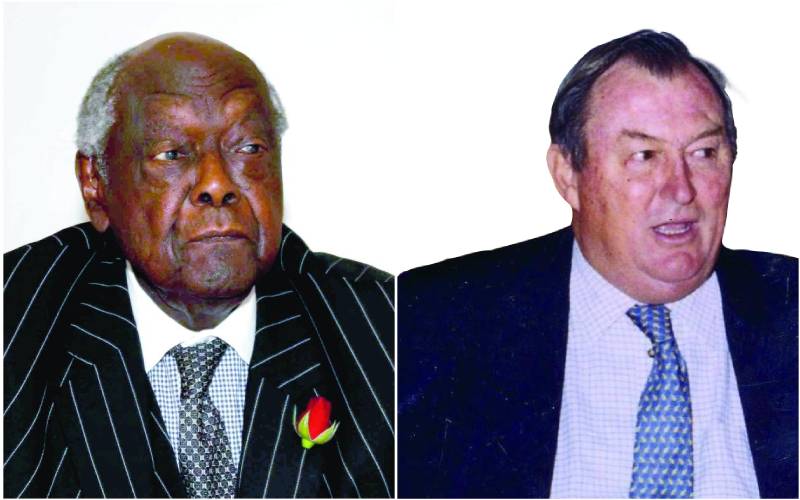×
The Standard e-Paper
Smart Minds Choose Us

Charles Mugane Njonjo and Richard Leakey. [Courtesy]
On January 2, 2022, two Kenyan men died within hours of each other. One, Charles Mugane Njonjo, son of pioneer colonial chief, Josiah Njonjo Mugane, was black. The other, Richard Leakey, grandson of Church Missionary Society (CMS) operator Harry Leakey, was white.